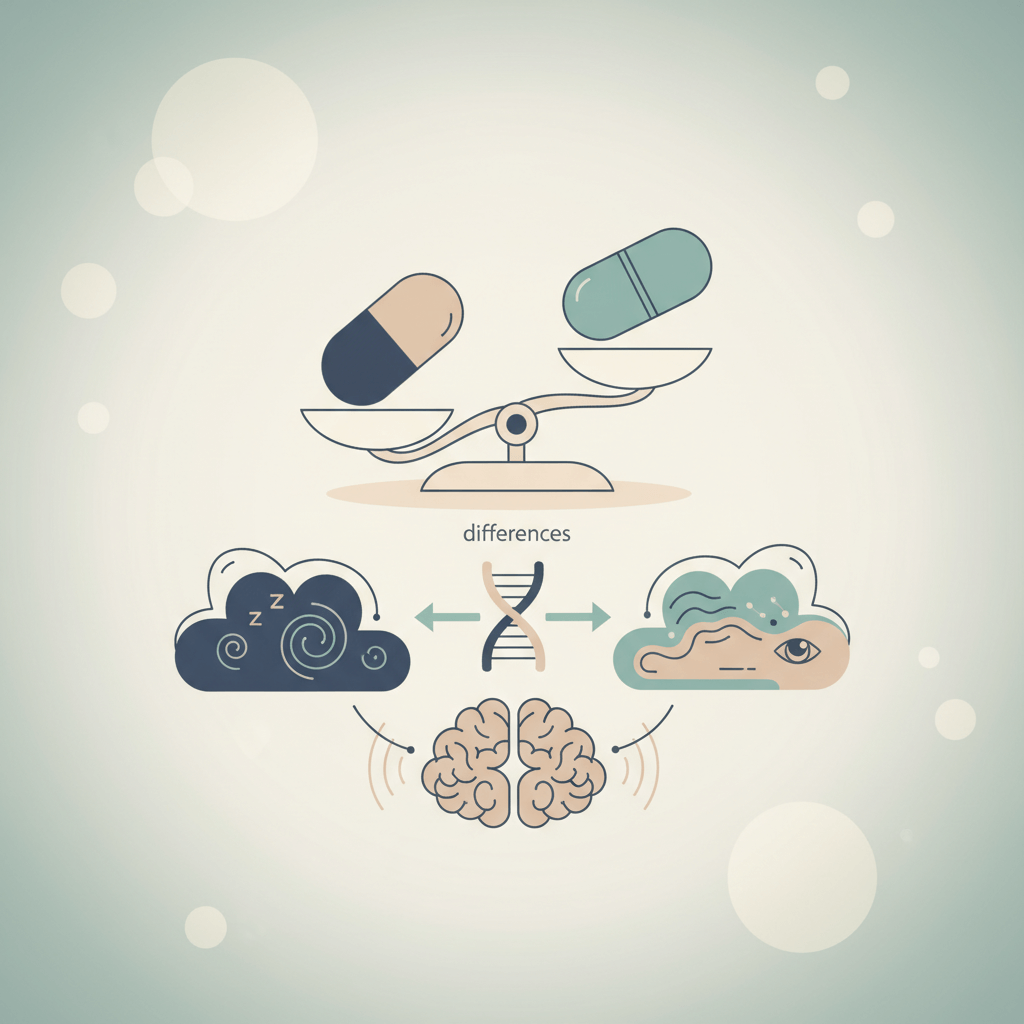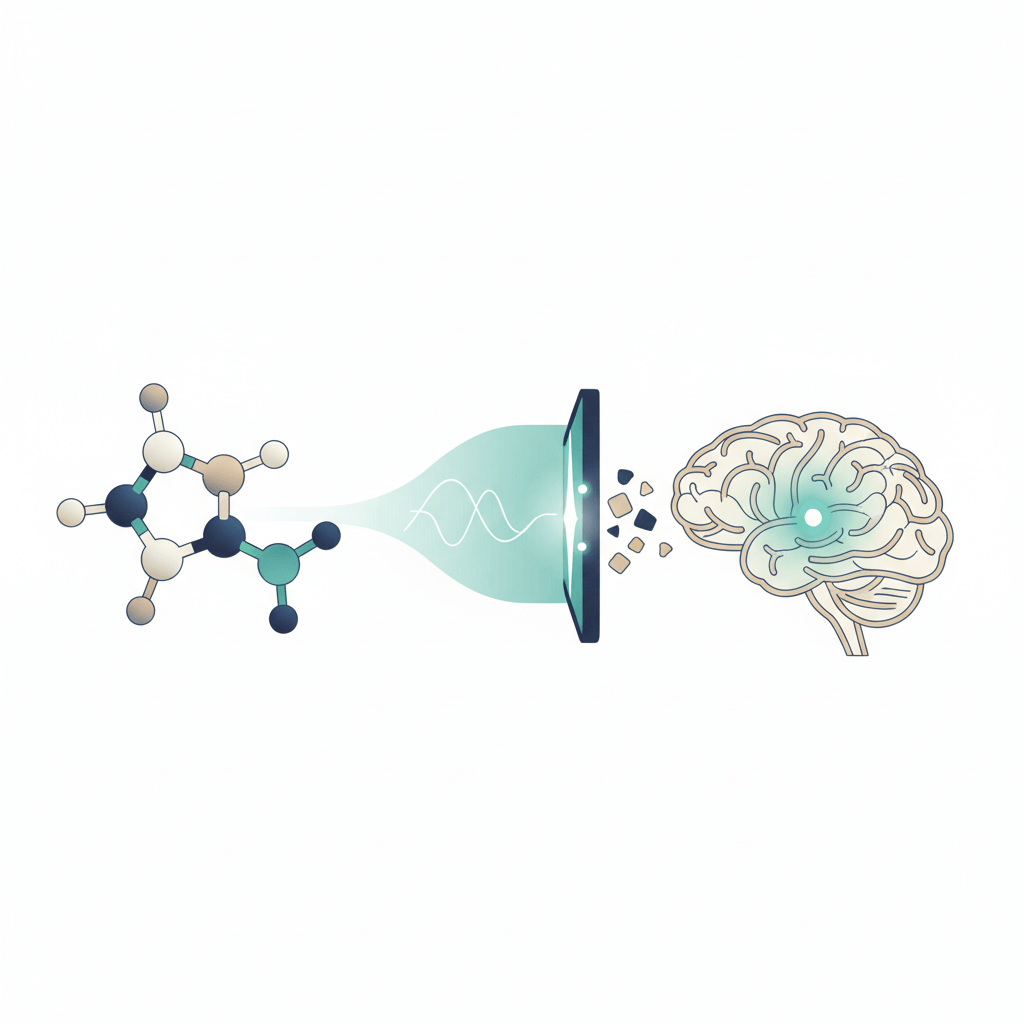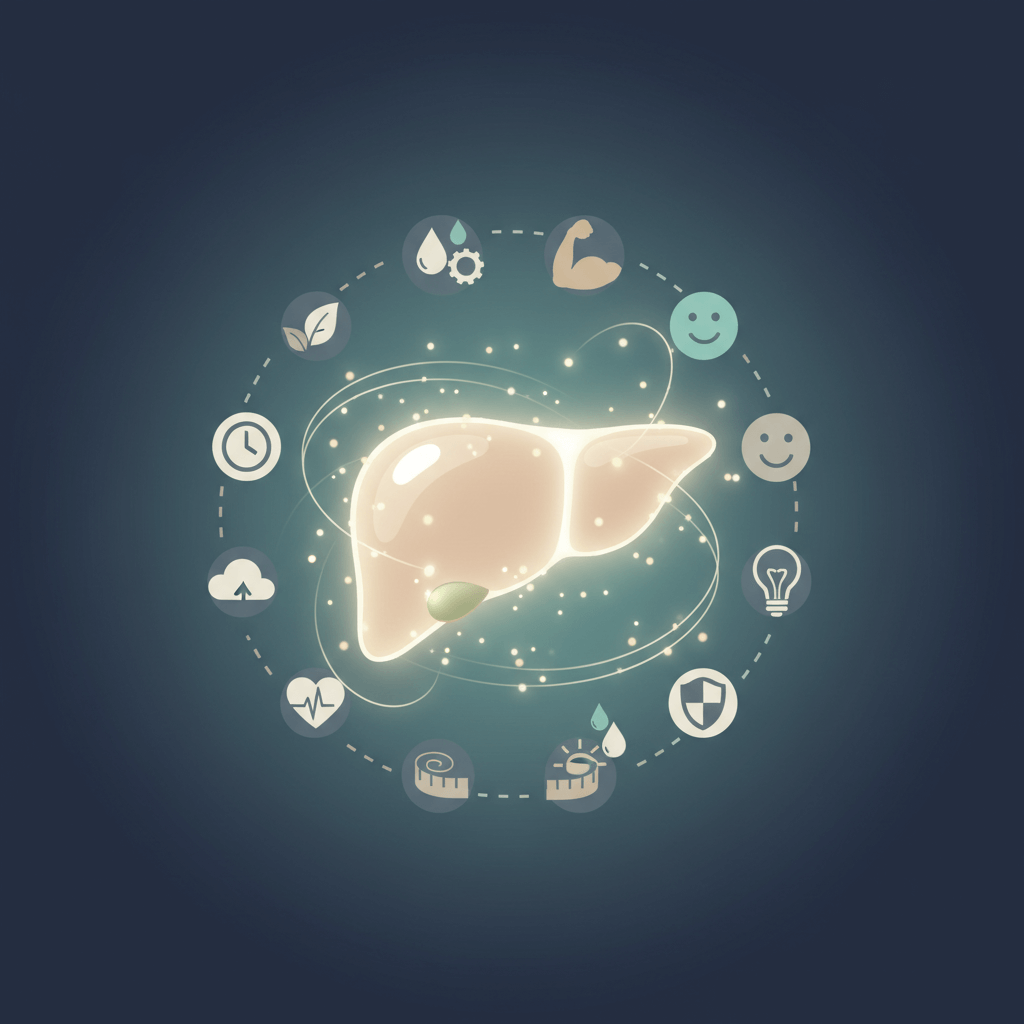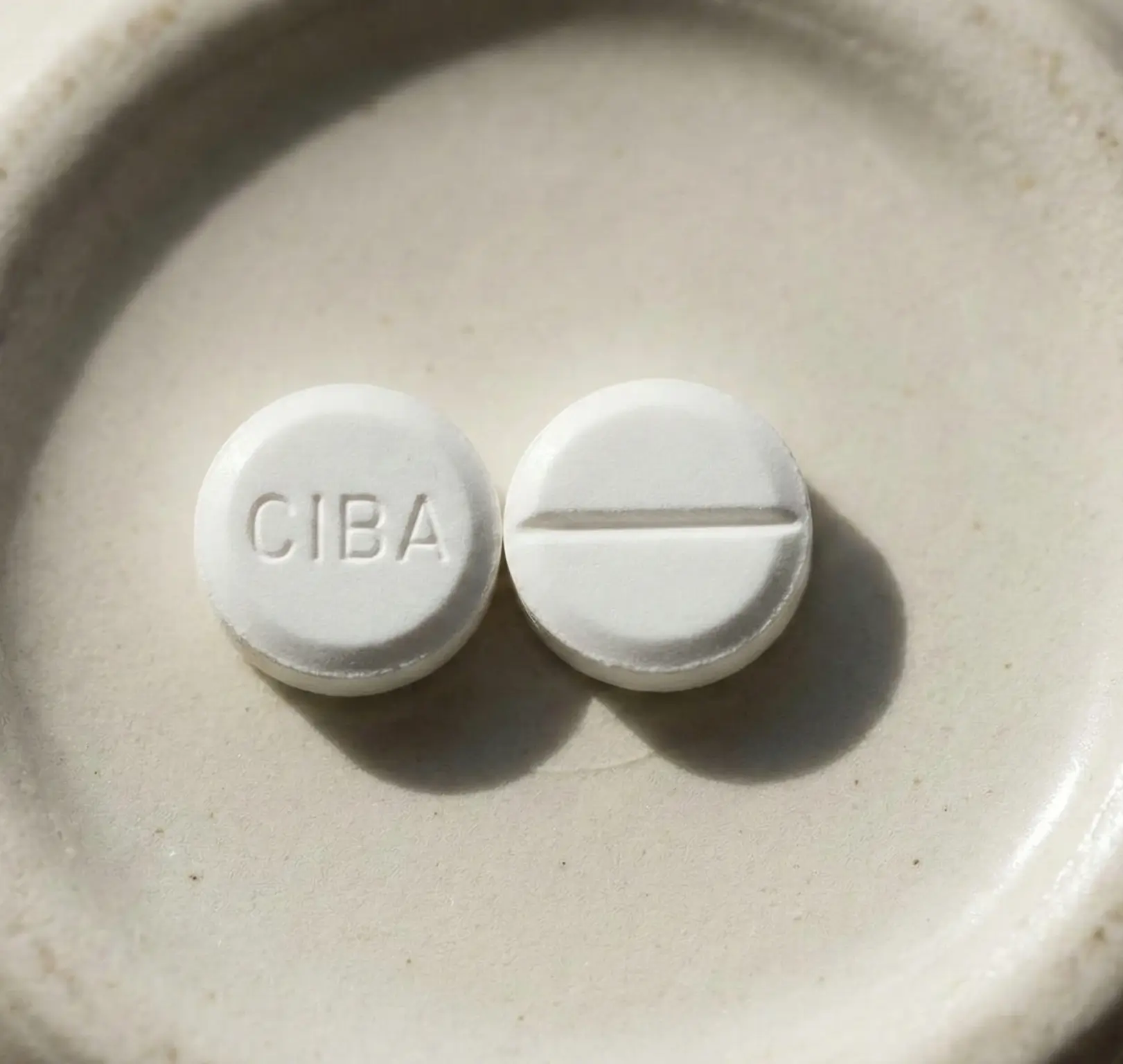Understanding UTIs
To address the question of whether alcohol consumption can cause UTIs, it's important to first understand what UTIs are and their underlying causes.

What are UTIs?
UTIs, or urinary tract infections, are bacterial infections that affect any part of the urinary system, including the bladder, urethra, ureters, and kidneys. They occur when bacteria, typically from the digestive tract, enter the urinary tract and multiply. UTIs can cause uncomfortable symptoms, such as a frequent urge to urinate, burning sensation during urination, cloudy or bloody urine, and pelvic pain.
Causes of UTIs
The primary cause of UTIs is the introduction and growth of bacteria in the urinary tract. The most common culprit is a strain of bacteria called Escherichia coli (E. coli), which is naturally present in the gastrointestinal tract. UTIs can occur when these bacteria travel from the rectal area to the urethra, where they can enter the urinary system.
Factors that can increase the risk of developing a UTI include:
- Sexual activity: Sexual intercourse can introduce bacteria into the urethra, increasing the risk of UTIs, especially in women.
- Urinary tract abnormalities: Structural or functional abnormalities in the urinary tract, such as kidney stones or urinary catheters, can make it easier for bacteria to cause infections.
- Weakened immune system: Conditions or medications that weaken the immune system can make individuals more susceptible to infections, including UTIs.
- Hormonal changes: Hormonal fluctuations, such as those occurring during pregnancy or menopause, can alter the urinary tract environment and increase the risk of UTIs.
- Urinary retention: Incomplete emptying of the bladder can create an environment that promotes bacterial growth.
While these factors play a significant role in the development of UTIs, the relationship between alcohol consumption and UTIs is subject to debate. To explore this further, let's delve into the specific aspects of alcohol and its potential impact on urinary health.
Debunking the Alcohol Myth
There is a common belief that alcohol consumption can cause urinary tract infections (UTIs). In this section, we will explore the relationship between alcohol and UTIs and discuss the lack of scientific evidence supporting this claim.
The Relationship Between Alcohol and UTIs
While some people may experience UTI-like symptoms after consuming alcohol, it's important to note that alcohol itself does not directly cause UTIs. UTIs are primarily caused by bacterial infections that occur when bacteria enter the urinary tract. The most common culprit is the bacteria Escherichia coli (E. coli), which is commonly found in the gastrointestinal tract.
It is possible for alcohol to indirectly contribute to the development of UTIs. For example, excessive alcohol consumption can impair judgment and lead to behaviors such as forgetting to practice good hygiene or engaging in risky sexual activities, which can increase the risk of UTIs. However, it is the underlying behaviors and not the alcohol itself that are the contributing factors.
Lack of Scientific Evidence
Despite the widespread belief that alcohol causes UTIs, there is a lack of scientific evidence supporting this claim. The available research on this topic is limited and has not established a direct causal link between alcohol consumption and UTIs.
It is important to rely on evidence-based information and not let misconceptions or myths dictate our understanding of the relationship between alcohol and UTIs. If you have concerns about alcohol consumption and UTIs, it is advisable to consult a healthcare professional who can provide personalized guidance based on your specific situation.
Understanding the true causes of UTIs and the factors that contribute to their development is crucial for proper prevention and treatment. In the next section, we will explore other factors that can increase the risk of UTIs and discuss the importance of hygiene and urinary health.
Contributing Factors
While the relationship between alcohol consumption and urinary tract infections (UTIs) remains a topic of interest, it's important to consider other contributing factors that can increase the risk of UTIs. Understanding these factors and prioritizing hygiene and urinary health can play a significant role in preventing UTIs.
Other Factors That Can Increase the Risk of UTIs
While alcohol consumption has not been proven to directly cause UTIs, there are several other well-established factors that can contribute to their occurrence. These include:
- Bacterial exposure: UTIs are primarily caused by bacteria entering the urinary tract. Factors such as improper wiping technique, sexual activity, and the use of certain contraceptives can increase the risk of bacterial exposure and subsequent UTIs.
- Urinary tract abnormalities: Structural abnormalities in the urinary tract, such as kidney stones or anatomical defects, can create conditions that make it easier for bacteria to multiply and cause infections.
- Urinary retention: Incomplete emptying of the bladder or urinary retention can lead to the accumulation of bacteria, increasing the chances of infection.
- Weakened immune system: A weakened immune system can make it more difficult for the body to fight off bacterial infections, including UTIs. Certain medical conditions, medications, and lifestyle factors can compromise the immune system's ability to function optimally.
By addressing these contributing factors and adopting healthy habits, individuals can reduce their risk of developing UTIs. It's important to note that while alcohol consumption may not directly cause UTIs, it's always advisable to consume alcohol in moderation and maintain a balanced lifestyle.
Importance of Hygiene and Urinary Health
Maintaining good hygiene and prioritizing urinary health are essential for preventing UTIs. Here are some key practices to keep in mind:
- Stay hydrated: Drinking an adequate amount of water helps to flush out bacteria from the urinary tract and maintain its overall health. Aim to drink at least 8 cups (64 ounces) of water per day.
- Practice proper hygiene: When using the bathroom, always wipe from front to back to prevent the spread of bacteria from the anal area to the urethra. This is especially important for women, as their urethra is closer to the anus.
- Urinate before and after sexual activity: Emptying the bladder before and after sexual activity helps to flush out any bacteria that may have entered the urethra during intercourse.
- Avoid irritating products: Harsh soaps, douches, and feminine hygiene sprays can disrupt the natural balance of bacteria in the urinary tract. Opt for mild, fragrance-free products instead.
- Wear breathable underwear: Choose underwear made from breathable fabrics like cotton to allow for proper airflow and reduce moisture in the genital area, which can create an environment for bacterial growth.
By practicing good hygiene, staying hydrated, and being mindful of other contributing factors, individuals can take proactive steps to reduce their risk of developing UTIs.

Alcohol and Urinary Health
When discussing the potential relationship between alcohol consumption and urinary tract infections (UTIs), it's important to consider the impact of alcohol on urinary health. While alcohol itself may not directly cause UTIs, certain factors related to alcohol consumption can affect the urinary system. Let's explore two key aspects: dehydration and alcohol's effects on the immune system and urinary tract.
Dehydration and Its Impact on Urinary Health
Alcohol consumption can lead to dehydration, which occurs when the body loses more fluids than it takes in. Alcohol is a diuretic, meaning it increases urine production and can contribute to fluid loss. When the body becomes dehydrated, the urine becomes more concentrated, making it easier for bacteria to multiply and potentially lead to UTIs.
It's important to note that while dehydration can increase the risk of UTIs, it is not solely caused by alcohol consumption. Other factors such as inadequate fluid intake and excessive sweating can also contribute to dehydration. To maintain optimal urinary health, it is recommended to stay hydrated by drinking plenty of water throughout the day.
Alcohol's Effects on the Immune System and Urinary Tract
Alcohol consumption can have an impact on the immune system, which plays a crucial role in fighting off infections, including UTIs. Excessive alcohol consumption can weaken the immune system, making it less effective in defending against bacterial infections. This weakened immune response may contribute to an increased susceptibility to UTIs.
Furthermore, alcohol can irritate the lining of the urinary tract, making it more vulnerable to bacterial invasion. The presence of alcohol in the urinary tract may disrupt the natural balance of bacteria, potentially increasing the risk of infection. However, it's important to note that the effects of alcohol on the urinary tract and immune system can vary among individuals.
To maintain urinary health, it is advisable to consume alcohol in moderation and be mindful of its potential effects on the body. Additionally, practicing good hygiene and maintaining a healthy lifestyle are important for preventing UTIs.
Understanding the relationship between alcohol consumption and urinary health is crucial for individuals looking to maintain a healthy urinary tract. While alcohol itself may not directly cause UTIs, factors such as dehydration and alcohol's effects on the immune system and urinary tract can contribute to an increased risk. By staying hydrated, consuming alcohol in moderation, and maintaining a healthy lifestyle, you can help support optimal urinary health and reduce the likelihood of UTIs.
Preventing UTIs
When it comes to preventing urinary tract infections (UTIs), there are several proactive measures that can be taken. By adopting healthy habits and implementing certain precautions, individuals can reduce their risk of developing UTIs. Here are some tips for preventing UTIs and maintaining urinary tract health.
Tips for Preventing UTIs
- Stay Hydrated: Adequate hydration is essential for maintaining a healthy urinary tract. Drinking plenty of water helps to flush out bacteria and prevent the buildup of harmful substances in the urinary system. Aim to drink at least 8 glasses of water per day.
- Urinate Regularly: Make it a habit to empty your bladder regularly. Holding in urine for long periods can increase the risk of bacterial growth and UTIs. When nature calls, respond promptly to avoid potential complications.
- Maintain Good Hygiene: Practicing proper hygiene is crucial for preventing UTIs. Always wipe from front to back after using the toilet to avoid the spread of bacteria from the anal area to the urethra. Additionally, opt for gentle and unscented personal hygiene products to minimize irritation.
- Urinate Before and After Sexual Activity: Urinating before and after sexual activity can help flush out bacteria that may have entered the urethra during intercourse. This simple step can significantly reduce the risk of UTIs.
- Avoid Irritants: Certain products and habits can irritate the urinary tract and increase the likelihood of UTIs. Avoid using harsh soaps, douches, and feminine hygiene sprays, as they can disrupt the natural balance of bacteria in the urinary system. Additionally, opt for cotton underwear and avoid tight-fitting clothing, as they can trap moisture and create a breeding ground for bacteria.
- Increase Vitamin C Intake: Vitamin C has been shown to help boost the immune system and maintain a healthy urinary tract. Incorporate foods rich in vitamin C, such as citrus fruits, berries, and leafy greens, into your diet.
Healthy Habits for Urinary Tract Health
In addition to the specific tips mentioned above, adopting healthy habits can contribute to overall urinary tract health and reduce the risk of UTIs. Here are some additional practices to consider:
- Maintain a Balanced Diet: A well-balanced diet that includes a variety of fruits, vegetables, whole grains, lean proteins, and healthy fats provides essential nutrients for a healthy urinary system. This promotes overall well-being and helps prevent UTIs.
- Practice Regular Exercise: Engaging in regular physical activity not only benefits your overall health but also helps maintain a healthy urinary tract. Exercise improves blood circulation, supports immune function, and helps regulate bodily functions.
- Manage Stress: Chronic stress can weaken the immune system, making the body more susceptible to infections, including UTIs. Finding healthy ways to manage stress, such as through exercise, relaxation techniques, or hobbies, can contribute to a healthier urinary tract.
- Avoid Excessive Alcohol Intake: While moderate alcohol consumption is generally considered safe, excessive alcohol intake can have negative effects on urinary health. It is important to consume alcohol in moderation and be aware of any potential adverse effects it may have on your urinary system.
By incorporating these tips and healthy habits into your lifestyle, you can take proactive steps to prevent UTIs and promote urinary tract health. However, if you experience persistent or severe UTI symptoms, it is important to consult a healthcare professional for proper diagnosis and treatment.
FAQs
Can drinking alcohol lead to a kidney infection?
While alcohol consumption can increase the risk of developing a UTI, it is less likely to cause a kidney infection. Kidney infections are typically caused by bacteria that travel up from the bladder and reach the kidneys. However, heavy alcohol consumption can weaken the immune system and make it harder for your body to fight off infections, which may increase the risk of developing a kidney infection.
Can I drink alcohol while taking antibiotics for a UTI?
It's generally best to avoid drinking alcohol while taking antibiotics for a UTI. Alcohol can interfere with the effectiveness of antibiotics and make it harder for your body to fight off the infection. Additionally, some antibiotics can cause side effects such as nausea or dizziness when combined with alcohol.
Can cranberry juice prevent UTIs?
There is some evidence to suggest that drinking cranberry juice may help prevent UTIs. Cranberries contain compounds called proanthocyanidins, which can help prevent bacteria from sticking to the walls of the urinary tract. However, more research is needed to determine how effective cranberry juice really is at preventing UTIs.
How long does it take for a UTI to clear up?
The length of time it takes for a UTI to clear up depends on several factors, including the severity of the infection and whether or not you're receiving treatment. In general, most people start feeling better within 1-2 days of starting antibiotics. However, it's important to take all of your prescribed medication even if you start feeling better before you've finished your course of antibiotics.
Conclusion
In conclusion, alcohol consumption can increase your risk of developing a UTI by weakening your immune system and causing dehydration. However, it's important to remember that alcohol itself does not directly cause UTIs.
If you're concerned about your risk of developing a UTI, be sure to talk to your healthcare provider. They can provide you with more information about your specific risk factors and recommend steps you can take to prevent UTIs.
Sources
Healthline: https://www.healthline.com/health/urinary-tract-infection-adults/alcohol-and-uti
National Library of Medicine: https://pubmed.ncbi.nlm.nih.gov/3704222/
Alcohol Rehab Help: https://alcoholrehabhelp.org/addiction/effects/uti/













